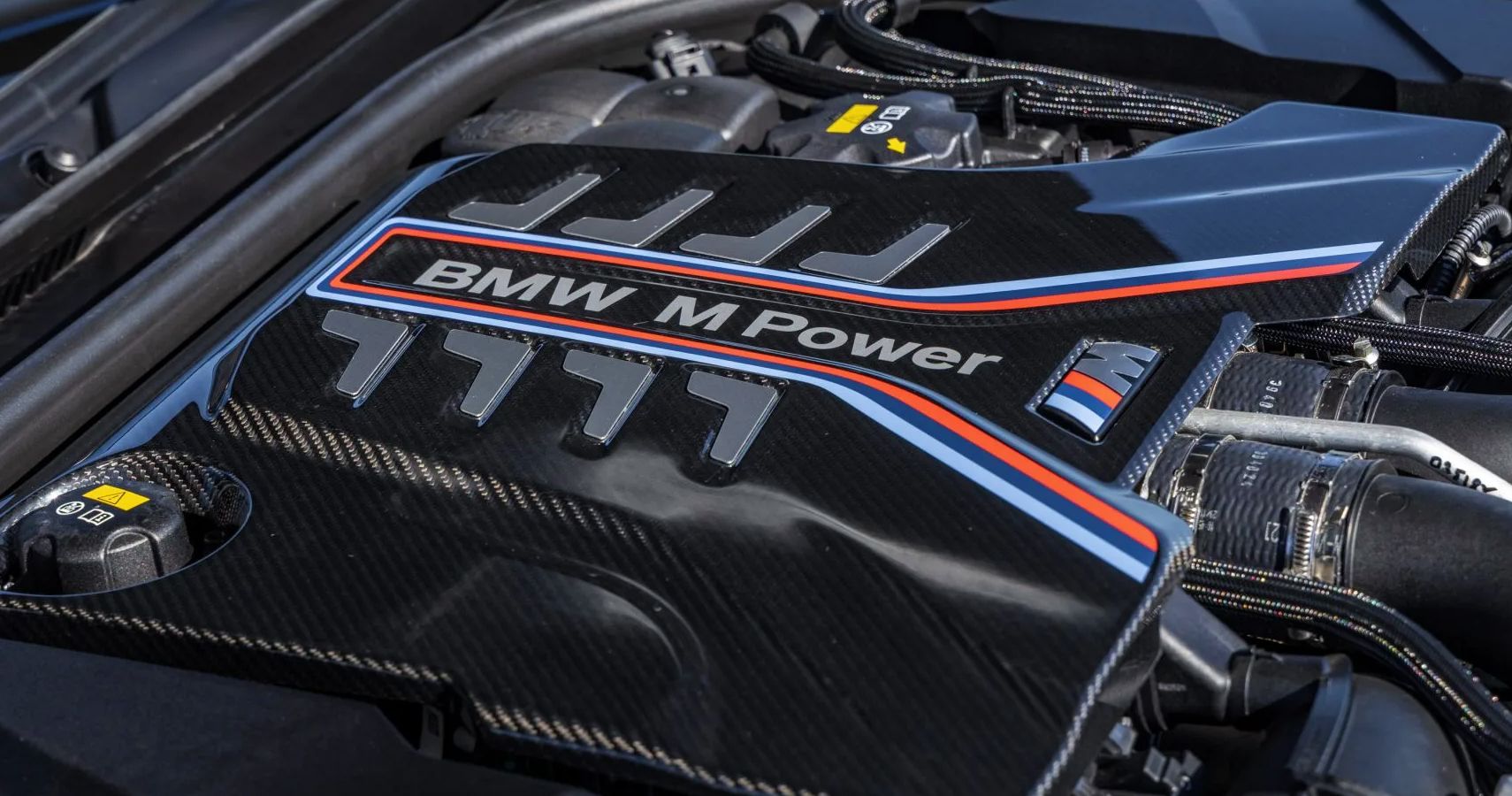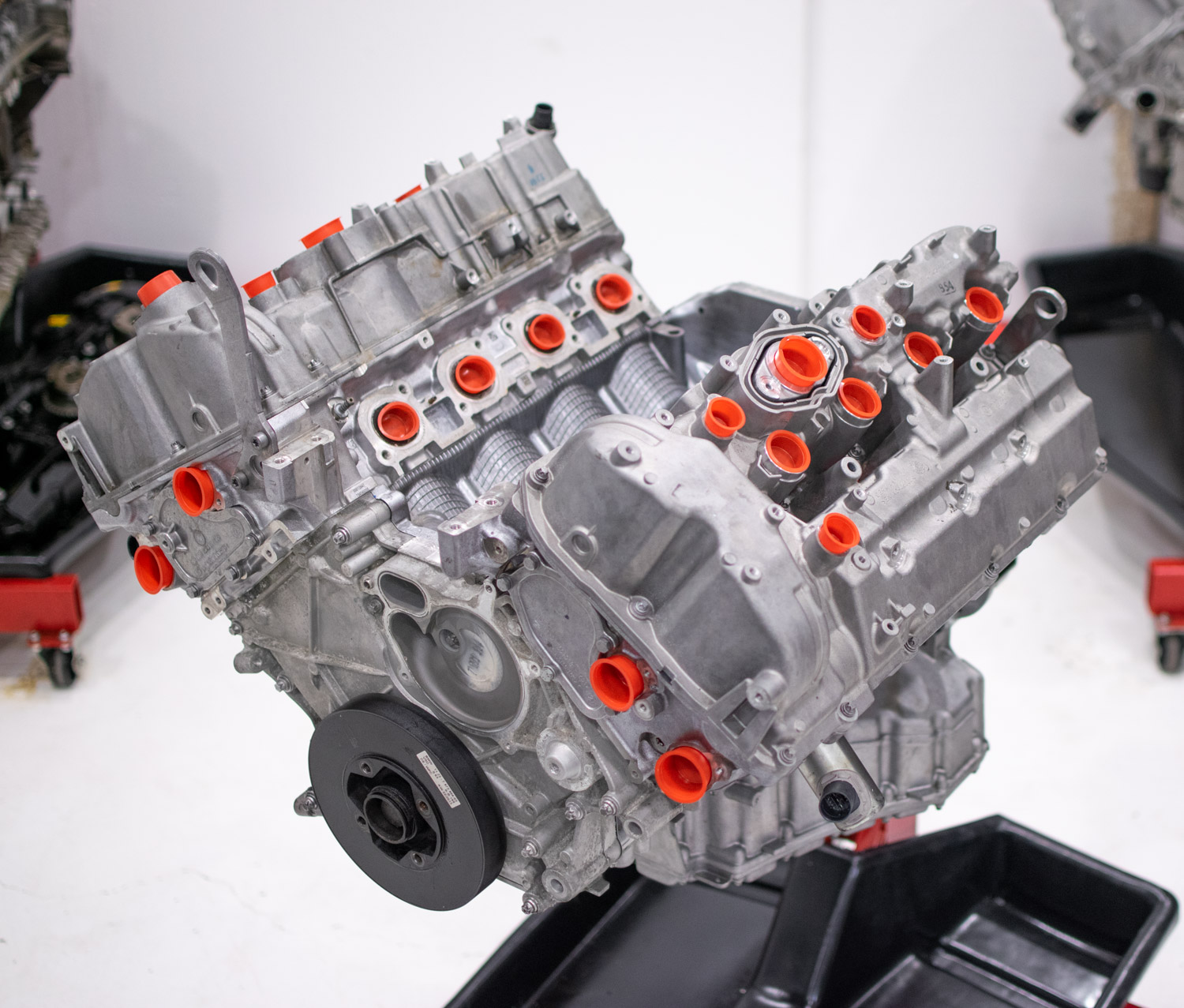Revealing the Intricacies of Next-Generation Power Units: a Deep Study Advanced Engine Developments and layouts
In the world of automobile design, the ruthless search of efficiency, performance, and sustainability has driven the development of power systems to extraordinary elevations. As we base on the precipice of a brand-new era in transport, the complexities of next-generation engine designs beckon us to check out the cutting-edge modern technologies and innovations that assure to redefine the driving experience. From sophisticated products that press the borders of durability and weight decrease to innovative turbocharging and turbo charging systems that boost power outcome to new levels, each element of these power systems holds an essential to unlocking the future of automotive engineering. Diving much deeper into the worlds of emission control, intelligent engine administration systems, and the perspective of power device advancement, we find ourselves on the cusp of a transformation that guarantees to reshape the landscape of movement as we know it.
Development of Engine Products

The change in the direction of progressed engine materials has actually also made it possible for engineers to develop engines with higher power outcomes while preserving gas performance standards. The usage of light-weight products minimizes the total weight of the engine, leading to boosted gas economic climate and reduced discharges. Additionally, advancements in products innovation have enabled far better thermal monitoring within engines, resulting in raised reliability and durability.
Turbocharging and Supercharging Technologies
Just How do Turbocharging and Supercharging Technologies reinvent engine efficiency and effectiveness in modern-day automobiles? Supercharging and turbocharging are technologies that dramatically boost engine efficiency by enhancing the quantity of air consumption into the burning chamber. Turbocharging accomplishes this by utilizing a wind turbine driven by exhaust gases to pressurize the intake air, while turbo charging utilizes a belt- or chain-driven compressor to accomplish the exact same impact.
These modern technologies make it possible for smaller, a lot more fuel-efficient engines to create power equal to bigger ones, referred to as downsizing. By requiring more air right into the cyndrical tubes, supercharging and turbocharging improve burning efficiency, leading to increased horsepower and torque output without a significant boost in engine dimension. This leads to better acceleration, pulling capability, and total driving performance.
Additionally, supercharging and turbocharging add to enhanced gas effectiveness by permitting the use of smaller engines that take in much less gas under typical driving problems - bmw engine. This mix of enhanced performance and effectiveness has made turbocharging and supercharging integral elements of numerous contemporary engine layouts
Emission Control and Environmental Impact
With boosting global problems regarding air high quality and ecological sustainability, the implementation of discharge control modern technologies in cars plays a crucial function in minimizing harmful toxins released into the environment. Modern lorries are outfitted with advanced discharge control systems that aid decrease the environmental effect of vehicle procedures. Catalytic converters, for example, are made to convert poisonous gases such as carbon monoxide gas, nitrogen oxides, and hydrocarbons into much less unsafe compounds like co2 and water vapor.
In addition, innovations in engine technology, such as the assimilation of exhaust gas recirculation systems and selective catalytic decrease, have actually dramatically added to reducing exhausts. These innovations work in tandem to optimize burning performance and lessen the launch of hazardous contaminants into the air. Additionally, the growth of crossbreed and electrical cars represents an important step towards decreasing the general environmental footprint of the transportation industry.
Intelligent Engine Management Solution

Moreover, these systems allow cars to satisfy strict discharges criteria without jeopardizing performance, supplying a more ecologically friendly driving experience. The integration of expert system and artificial intelligence capacities in engine monitoring systems remains to push the borders of what is feasible, bring about additional renovations in efficiency, dependability, and general automobile performance. bmw engine. As vehicle innovation developments, smart engine administration systems will play an important function in shaping the future of transportation towards a much more lasting and efficient instructions
Future Trends in Power Device Development
As intelligent engine administration systems lead the way for improved control and optimization in see post modern-day automobiles, future patterns in power Continue system growth are positioned to redefine the landscape of vehicle propulsion innovations. One of the key patterns driving innovation in power system growth is the change towards electrification. With an increasing concentrate on sustainability and lowering carbon discharges, hybrid and electric powertrains are becoming extra prevalent in the automobile sector. These alternative power resources use enhanced efficiency and performance while aligning with stringent ecological policies.
Another significant pattern is the combination of sophisticated products and making methods. Lightweight materials such as carbon fiber and light weight aluminum are being made use of to reduce total vehicle weight, improving gas effectiveness and performance. Additionally, advancements in 3D printing and additive manufacturing are allowing the manufacturing of complex engine elements with higher accuracy and toughness.
Additionally, synthetic knowledge and artificial intelligence are playing a crucial duty in optimizing power system efficiency. These modern technologies enable real-time monitoring and flexible control, bring about extra efficient and trustworthy power delivery. Overall, future patterns in power device growth are geared in the direction of efficiency, sustainability, and performance, driving the vehicle industry in the direction of a new era of propulsion modern technologies.

Conclusion
In conclusion, the improvements in engine materials, turbocharging, emission control, and intelligent monitoring systems have actually paved the way for next-generation power units. These technologies have not just improved performance and efficiency however additionally decreased ecological influence. As technology proceeds to develop, future fads in power device growth are most likely browse around this site to concentrate on additional enhancing sustainability and maximizing power output. The complex layouts and innovations in modern-day engines display the ongoing evolution of vehicle modern technology.
Discovering the dynamic advancements in engine materials has been critical in improving the efficiency and effectiveness of contemporary engines. Over the years, the evolution of engine products has actually played a critical function in pushing the limits of what engines can achieve.The shift towards advanced engine materials has actually additionally enabled engineers to make engines with higher power results while preserving gas effectiveness criteria.The application of intelligent engine monitoring systems in modern lorries has actually changed the method engines are managed and optimized for efficiency and effectiveness. By accumulating data in real-time and examining it with innovative formulas, intelligent engine monitoring systems can adjust to driving designs, environmental factors, and engine wellness to make best use of power outcome while minimizing gas consumption and emissions.